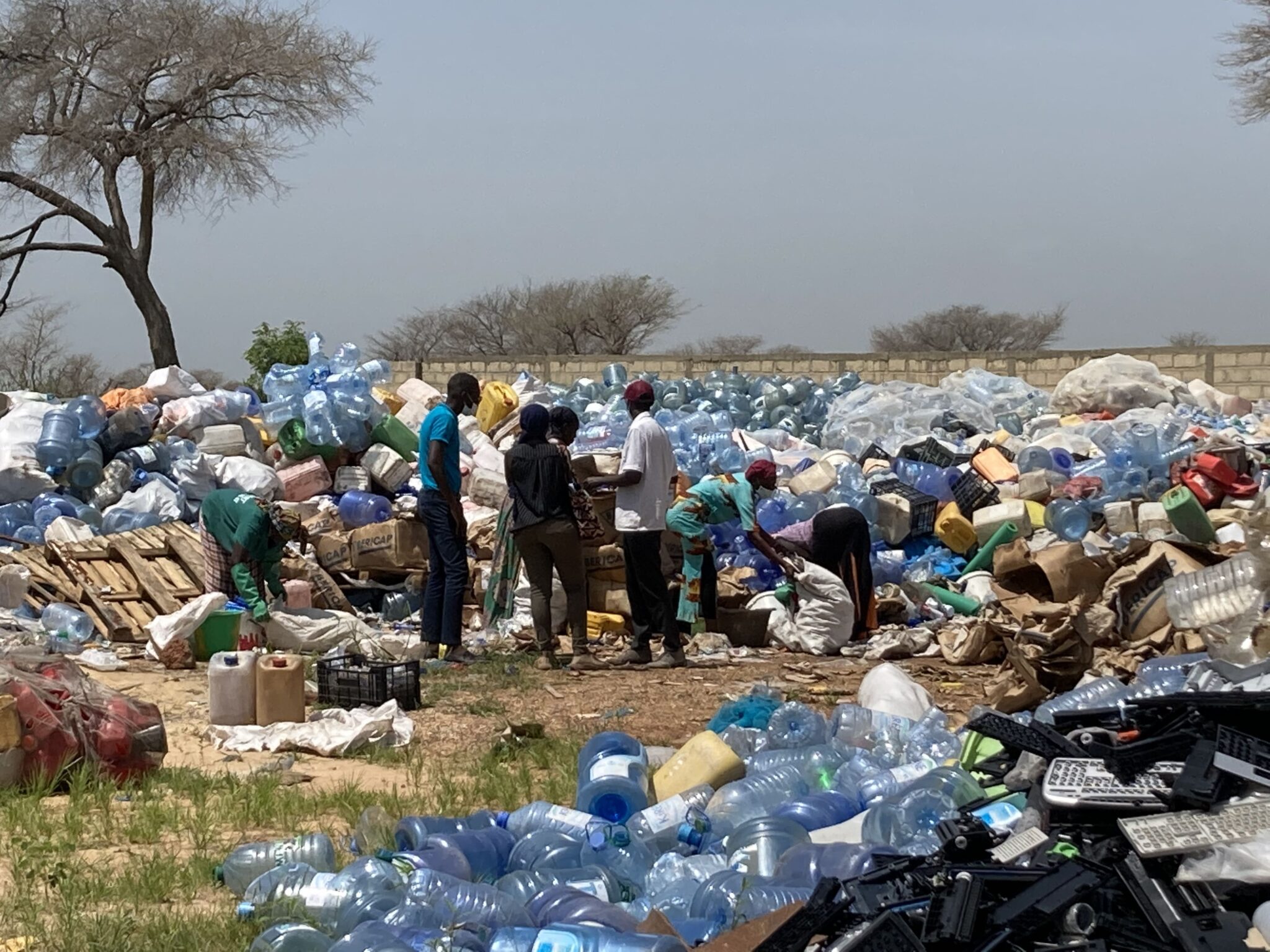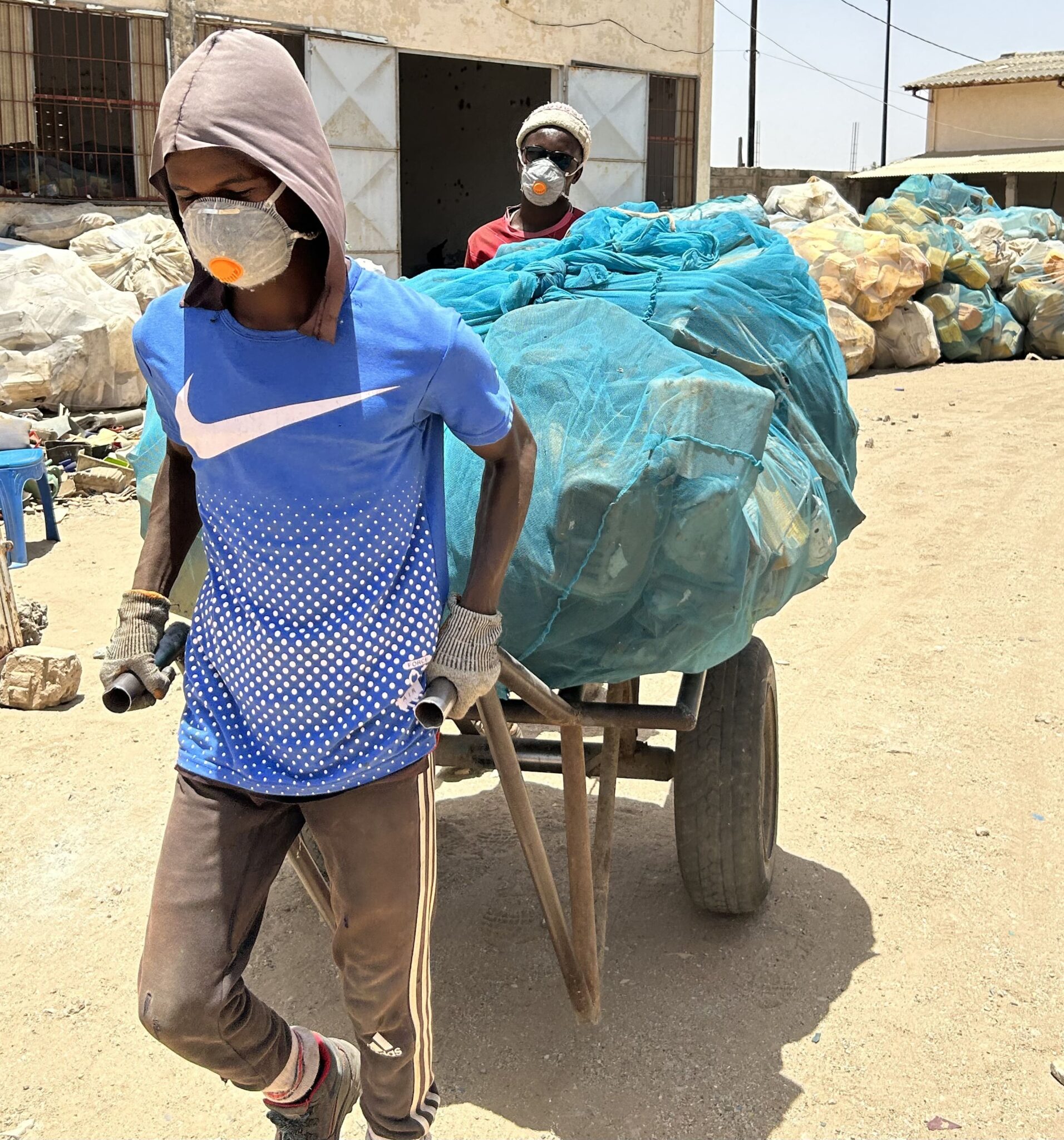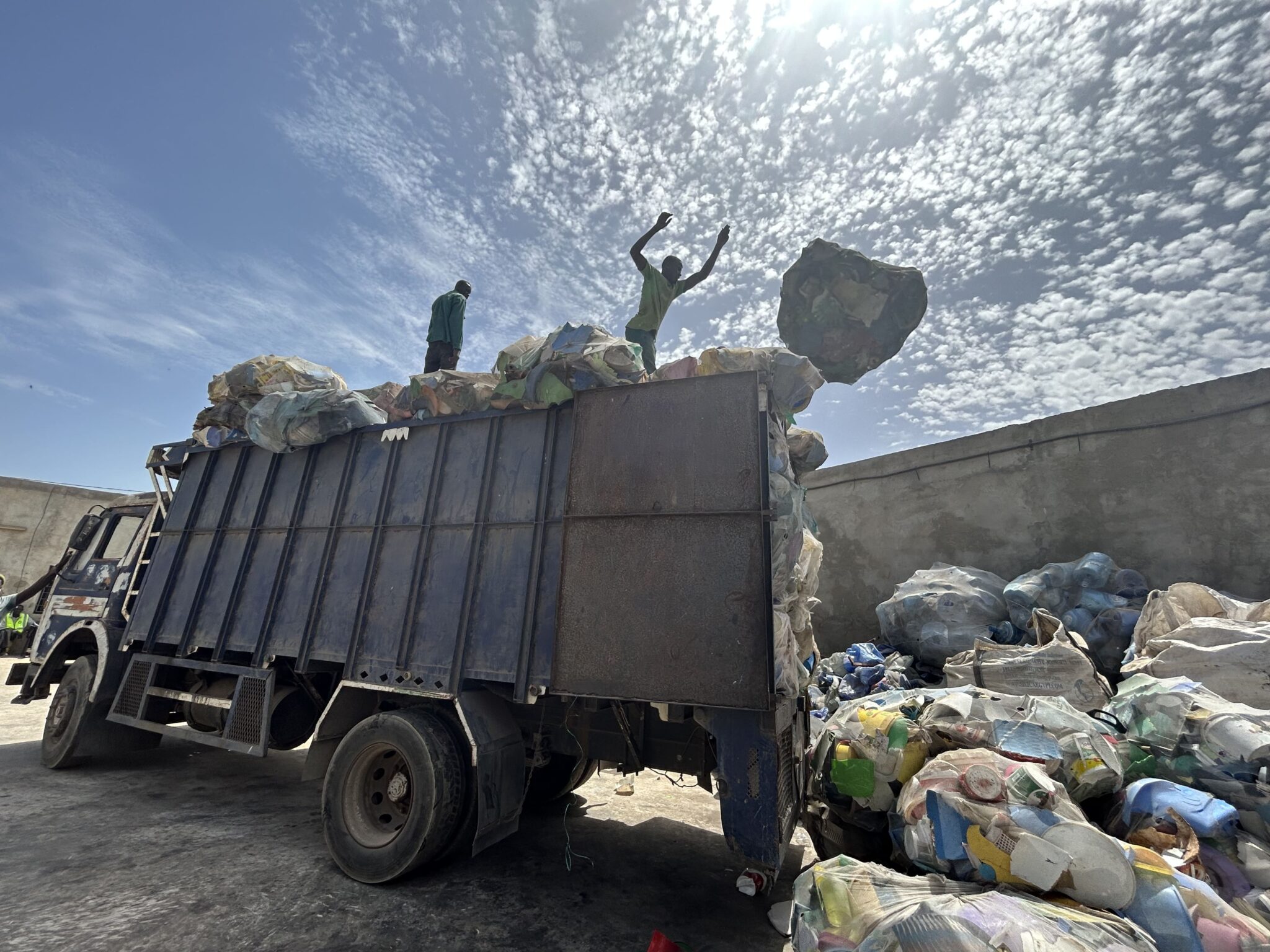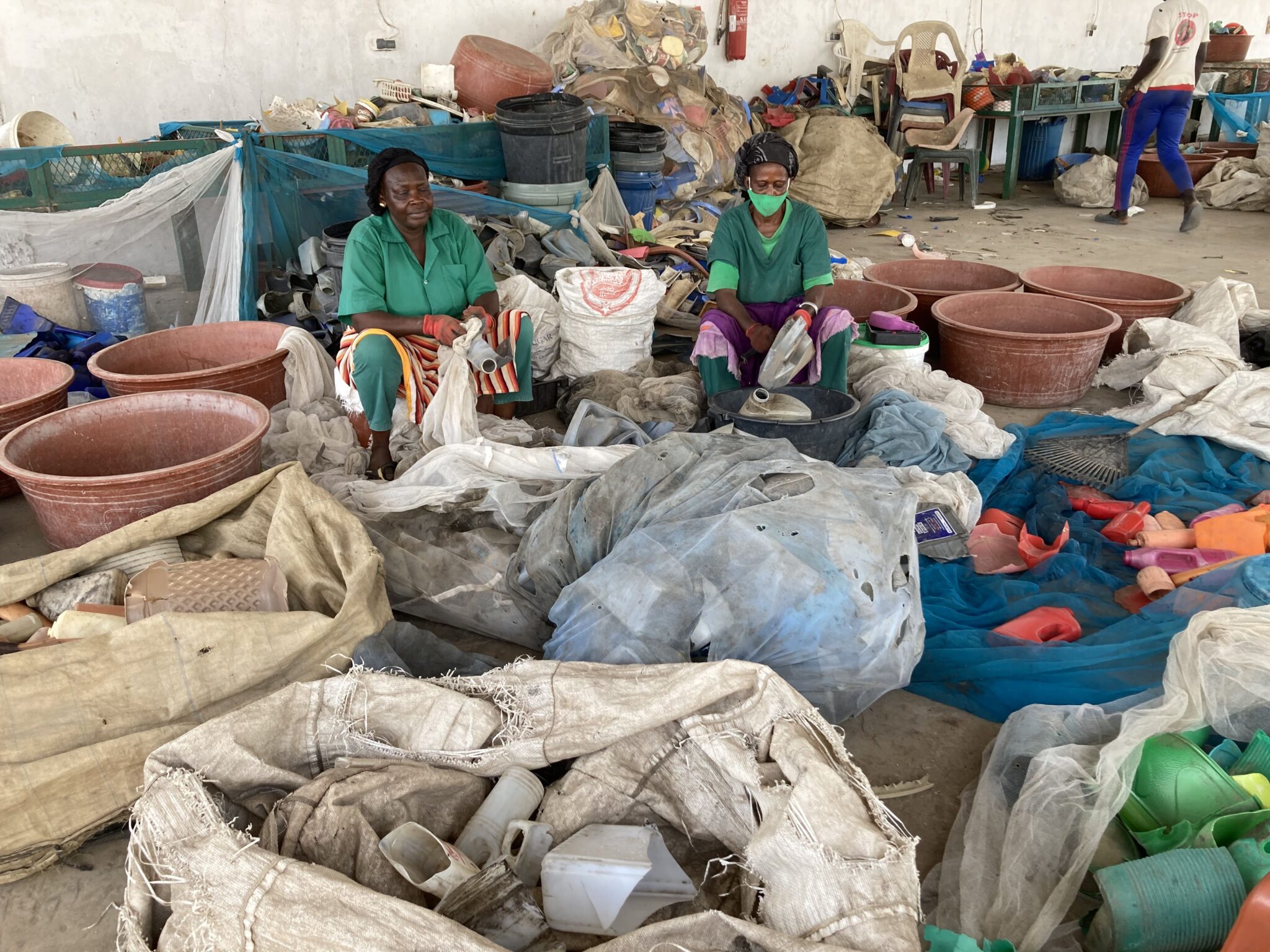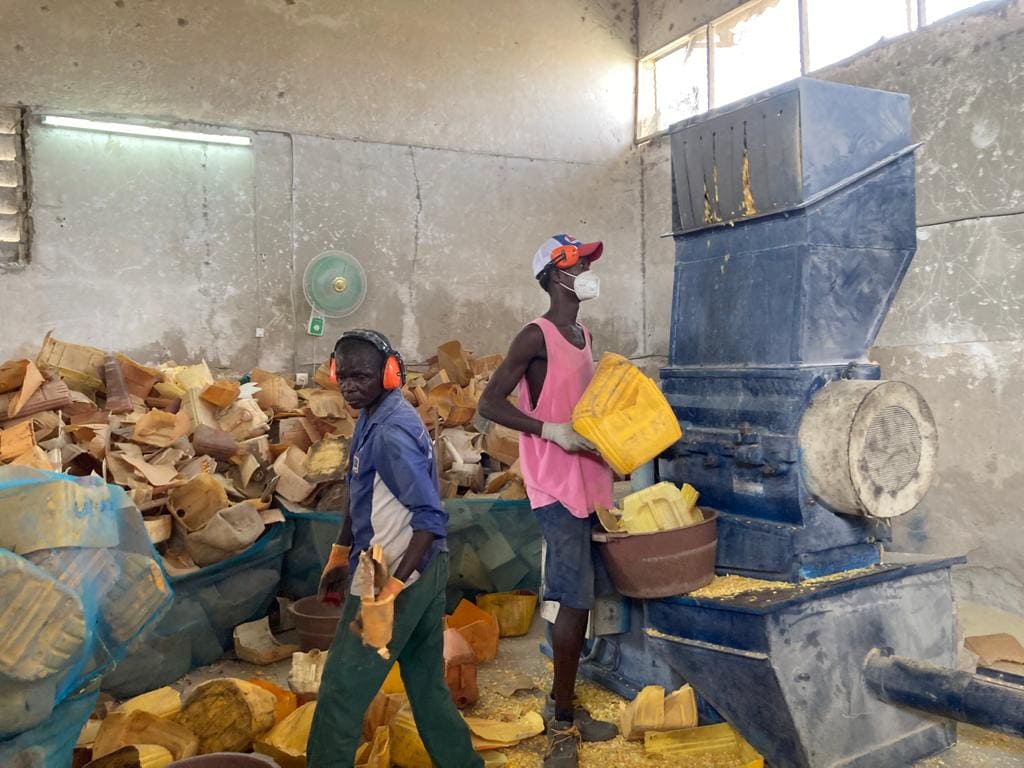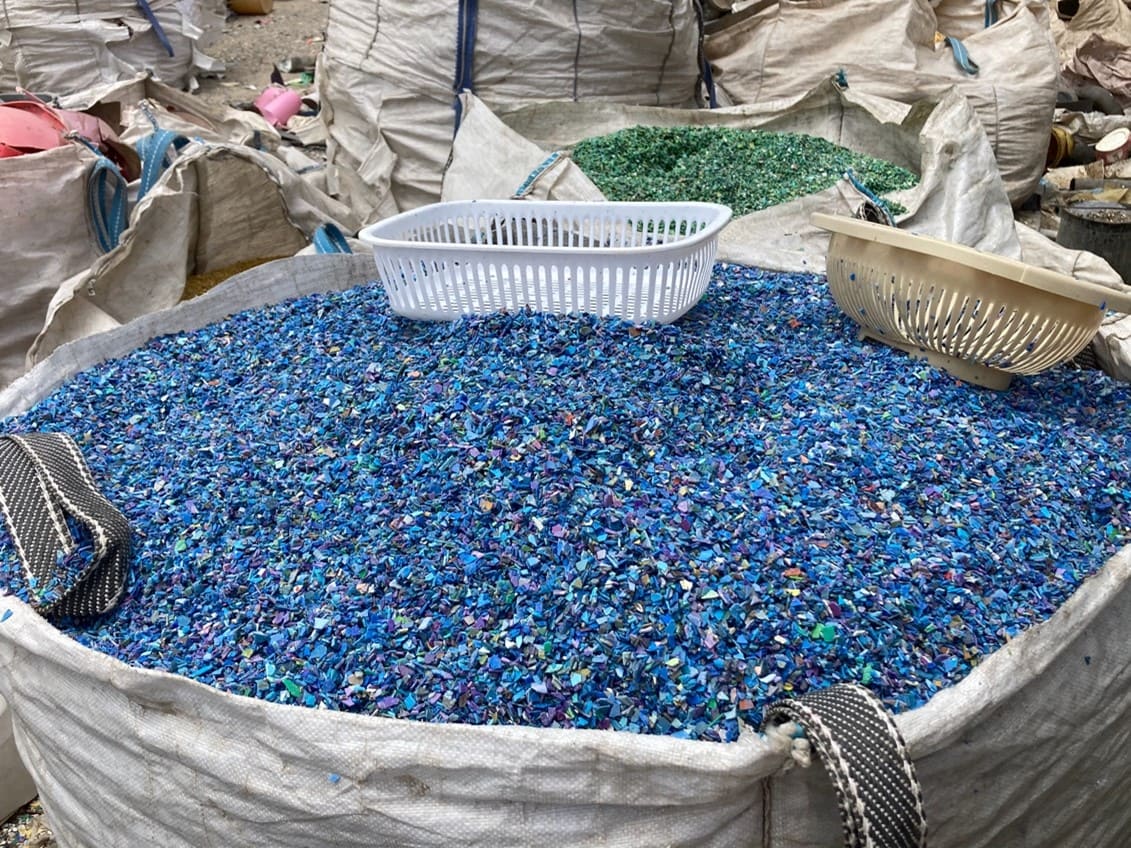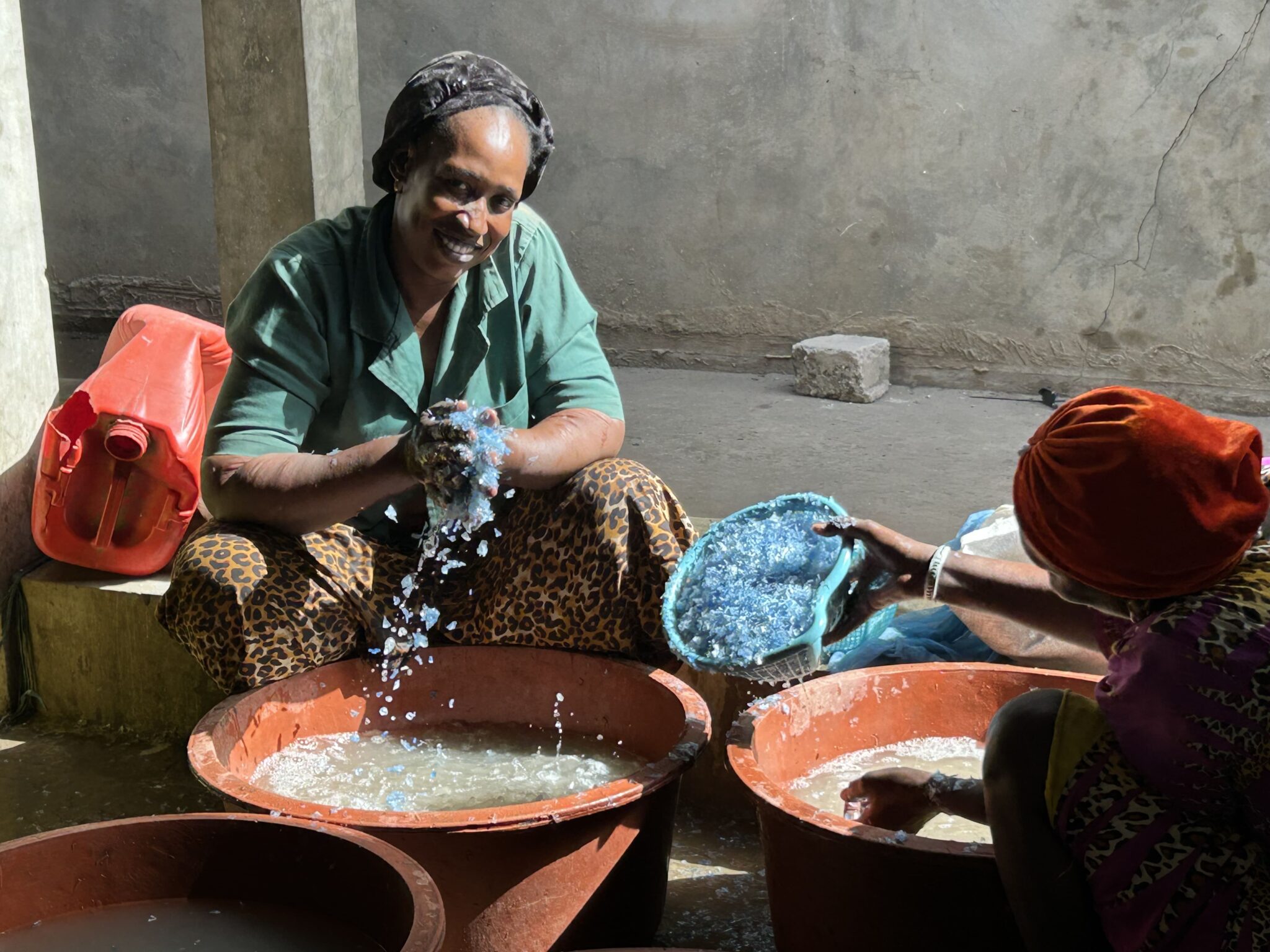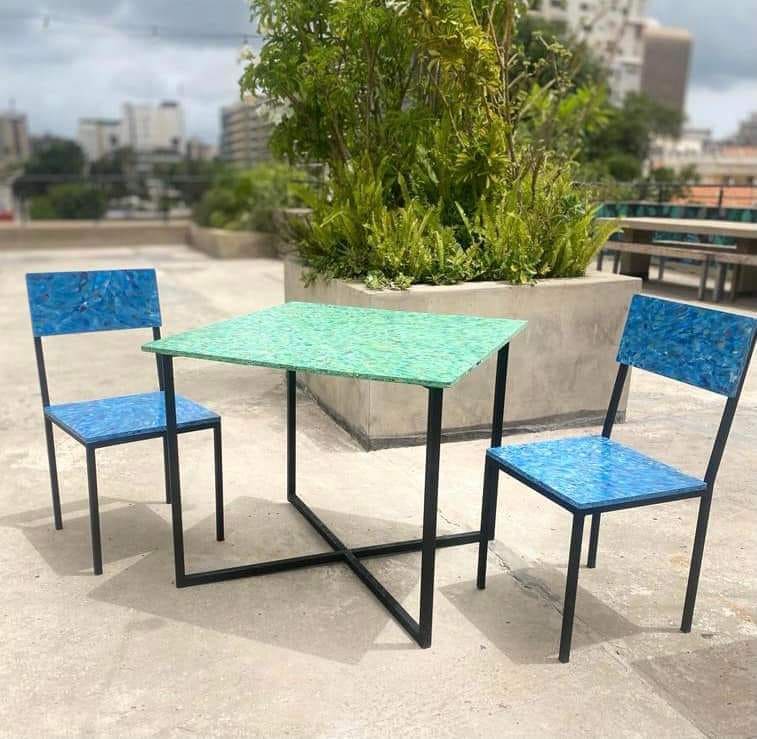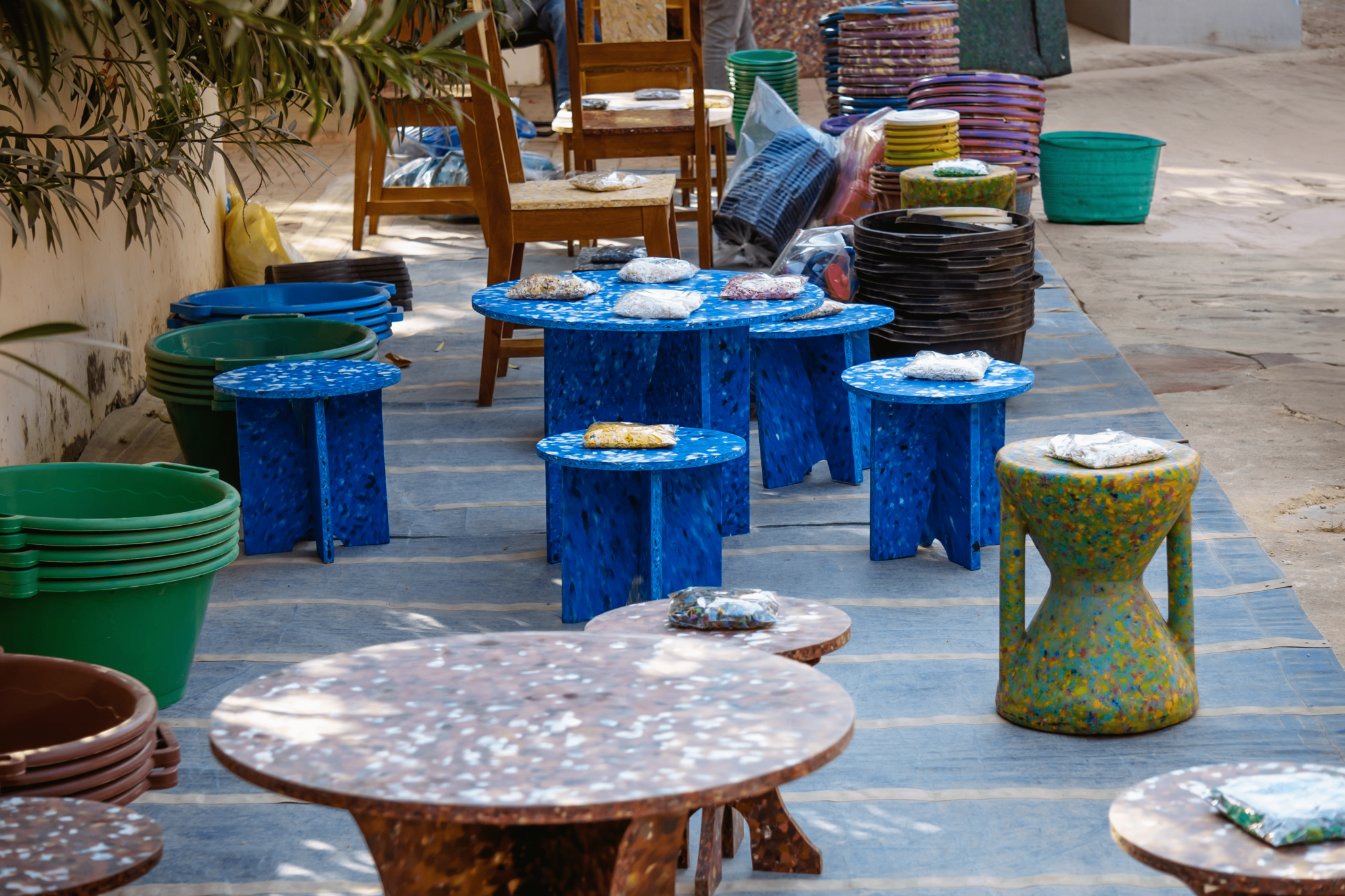Description
Project Name: Deekali
Project owner: Africa Carbon and Commodities
Standard: Verra VCS
Project ID: 2720
Deekali Plastic Recovery West Africa is a reduction program aiming to recover and recycle refuse in different regions of Senegal. This project is the first plastic credits project in Africa to be registered under the Verra Plastic Waste Reduction Program.
There is no denying of the harmful impact that plastic waste has on the environment. Plastic (and for example plastic bags) requires more than a thousand years to degrade. Furthermore, plastic products do not biodegrade; instead, they photo degrade, meaning that sunlight causes the plastic to change form and break down into smaller particles. These microplastics are toxic and are found in the environment, causing air, land, and water pollution.
Senegal produces over 200,000 tons of plastic waste per year, and only less than 10,000 tons of waste is recycled each year. With a coastline of more than 530 kilometers, sadly, a significant amount of plastic waste is disposed along the coast and ends up in the ocean.
The project aims to drastically reduce plastic waste by introducing a system for waste collection from households, streets, public places, uncontrolled dumps, landfills, dumpsites, public areas, beaches as well as collection kiosks placed strategically in two major cities. Deekali trains the plastic collectors and provides them with equipment. The waste is then brought to the three recycling companies who recycle the plastic into chips and granules that will be sold to plastic manufactures. These chips and granule will replace the use of virgin plastic, to produce goods locally.
“The project creates a circular economy and market-based solutions. Plastic waste is removed from the environment and repurposed into 100% recycled tables, chairs, school desks and stools,” explains Nicole Dewing, ACC’s managing director.
The entire system provides job opportunities for local citizens without formal education, and promotes women empowerment. 150 jobs have been created and thanks to the project, half of them for women.
Cash generated by plastic credit sales pays for plastic waste collection, help to make the project more valued, to educate the population regarding the threat of plastic refuse, to expand upon an existing Kiosk collection system, to critically reduce the use of virgin plastic by manufacturing companies by providing a market for recycled plastic chips and granules at an affordable price and to upgrade equipment to more performant and energy efficiency machinery.
The Deekali project is being coordinated by Africa Carbon & Commodities (ACC) with its local partners. Since 2016, a total of 11,464 tons of plastic waste has been collected and 9,771 tons of plastic recycled.
The Project is in alignment with the following Sustainable Development Goals (SDGs):
- 6 – Clean Water and Sanitation
- 8 – Decent Work and Economic Growth
- 9 – Industry, Innovation and Infrastructure
- 11 – Sustainable Cities and Communities
- 12 – Responsible Consumption and Production
- 14 – Life Below Water
- 15 – Life on Land.
Pictures courtesy of ACC (www.acc.sn)
Impact
Senegal produces over 200,000 tons of plastic waste per year.
The project contributes to increase the proportion of plastic waste that is recycled
1st plastic credits project in Africa registered under Verra.
The project will pave the way for more plastic projects in Africa to be register under the Verra program
ACC is recruiting the local people to collect the plastic.
The project provides job opportunities for citizens without formal education, and promotes women empowerment.
The project creates a circular economy and market-based solutions.
Plastic waste is removed from the environment and repurposed into 100% recycled tables, chairs, school desks and stools.



